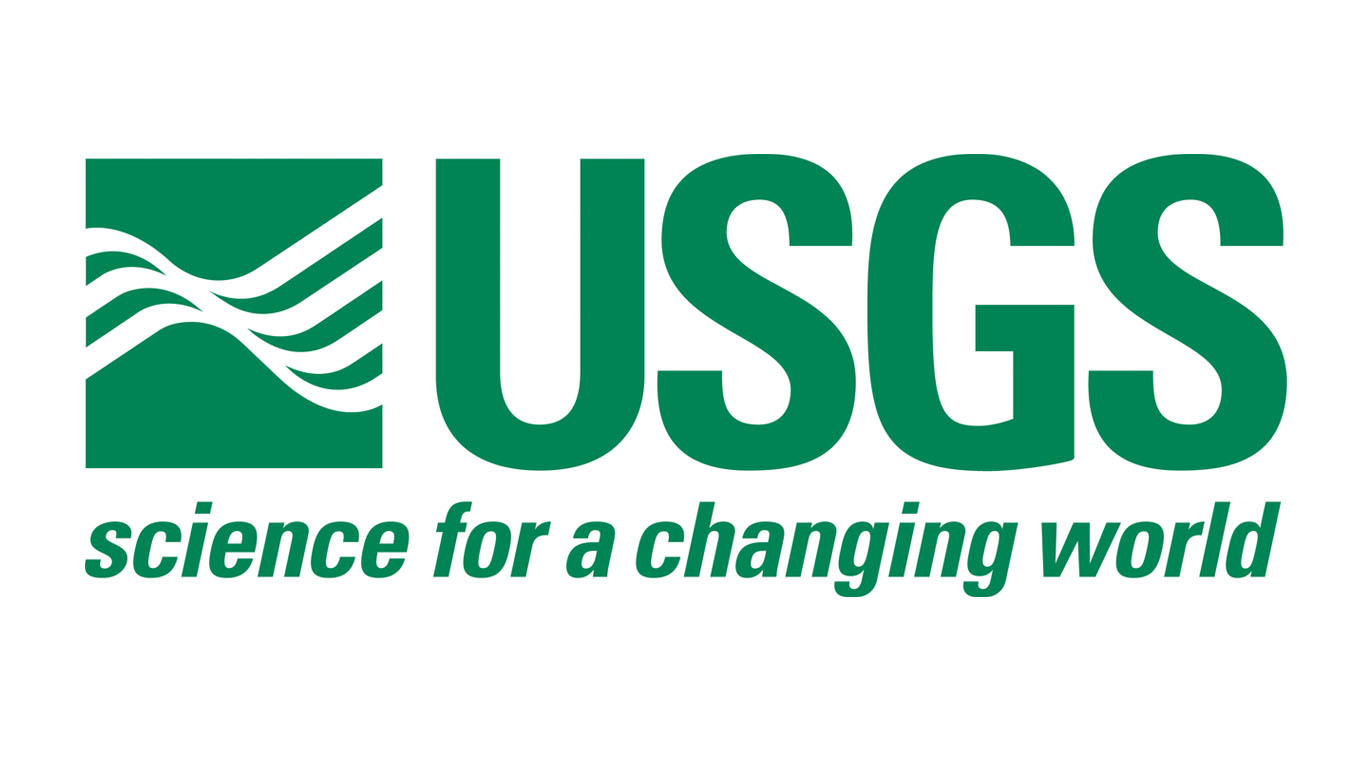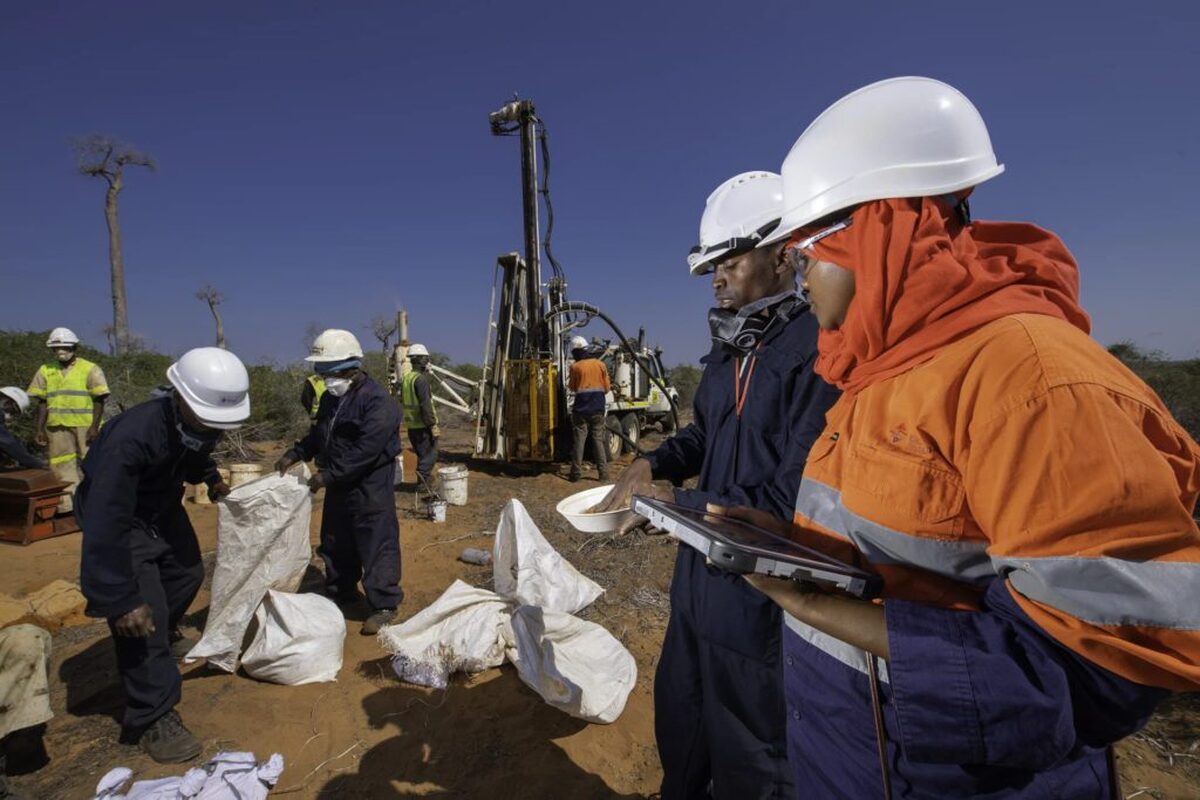
Australia signs critical minerals research agreement with US


GeoScience Australia and the United States Geological Survey (USGS) signed the agreement, which did not mention any specific funding, that will also look at better quantifying the global supply potential of critical minerals such as rare earths, Australia’s Resources Minister said in a statement.
Critical minerals are a suite of elements such as lithium, cobalt and neodymium used in high tech technologies like renewable energy, electric vehicle batteries, and defence.
Critical minerals are a suite of elements such as lithium, cobalt and neodymium used in high tech technologies like renewable energy, electric vehicle batteries, and defence
U.S. and European governments are trying to broaden the supply chain of critical minerals including rare earths, which China dominates. But developers say the governments are too slow to make funds available.
“The U.S. has a need for critical minerals and Australia’s abundant supplies makes us a reliable and secure international supplier of a wide range of those, including rare earth elements,” Australia’s Minister for Resources Matt Canavan said.
The announcement comes as Australia’s Prime Minister Scott Morrison visits the United States this week, and builds on an initial agreement signed a year ago. Australian rare earths developer Northern Minerals will be part of the country’s delegation to Washington, it said in a stock exchange filing on Tuesday.
The research agreement will focus on mapping potential critical mineral resources and prioritise developing big data to understand supply and demand scenarios for developing the critical minerals pipeline, the statement said.
The announcement did not mention funding for specific mining projects.
There are expectations that the United States may finance some critical mineral projects after President Donald Trump in July authorised U.S. Department of Defense funding to be directed to resources or technology “essential to the national defense” to shore up domestic supplies.
Rare earths are highly prized because of their strong magnetic properties, crucial to industrial magnets used in some types of missiles, but the extraction process is highly complex and expensive to set up.
Australia’s Lynas, the world’s biggest rare earths producer outside of China, signed a preliminary deal in May to build a heavy rare earths processing plant in Texas.
No final decision has been made on that plant and Lynas has also signed an initial deal to help build up a downstream industry near its existing facility in Malaysia.


Gold price edges up as market awaits Fed minutes, Powell speech

Glencore trader who led ill-fated battery recycling push to exit

Emirates Global Aluminium unit to exit Guinea after mine seized

Iron ore price dips on China blast furnace cuts, US trade restrictions

Roshel, Swebor partner to produce ballistic-grade steel in Canada

Trump weighs using $2 billion in CHIPS Act funding for critical minerals

US hikes steel, aluminum tariffs on imported wind turbines, cranes, railcars

EverMetal launches US-based critical metals recycling platform

Afghanistan says China seeks its participation in Belt and Road Initiative

Energy Fuels soars on Vulcan Elements partnership

Northern Dynasty sticks to proposal in battle to lift Pebble mine veto

Giustra-backed mining firm teams up with informal miners in Colombia

Critical Metals signs agreement to supply rare earth to US government-funded facility

China extends rare earth controls to imported material

Galan Lithium proceeds with $13M financing for Argentina project

Silver price touches $39 as market weighs rate cut outlook

First Quantum drops plan to sell stakes in Zambia copper mines

Ivanhoe advances Kamoa dewatering plan, plans forecasts

Texas factory gives Chinese copper firm an edge in tariff war

Energy Fuels soars on Vulcan Elements partnership

Northern Dynasty sticks to proposal in battle to lift Pebble mine veto

Giustra-backed mining firm teams up with informal miners in Colombia

Critical Metals signs agreement to supply rare earth to US government-funded facility

China extends rare earth controls to imported material

Galan Lithium proceeds with $13M financing for Argentina project

Silver price touches $39 as market weighs rate cut outlook

First Quantum drops plan to sell stakes in Zambia copper mines

Ivanhoe advances Kamoa dewatering plan, plans forecasts


















